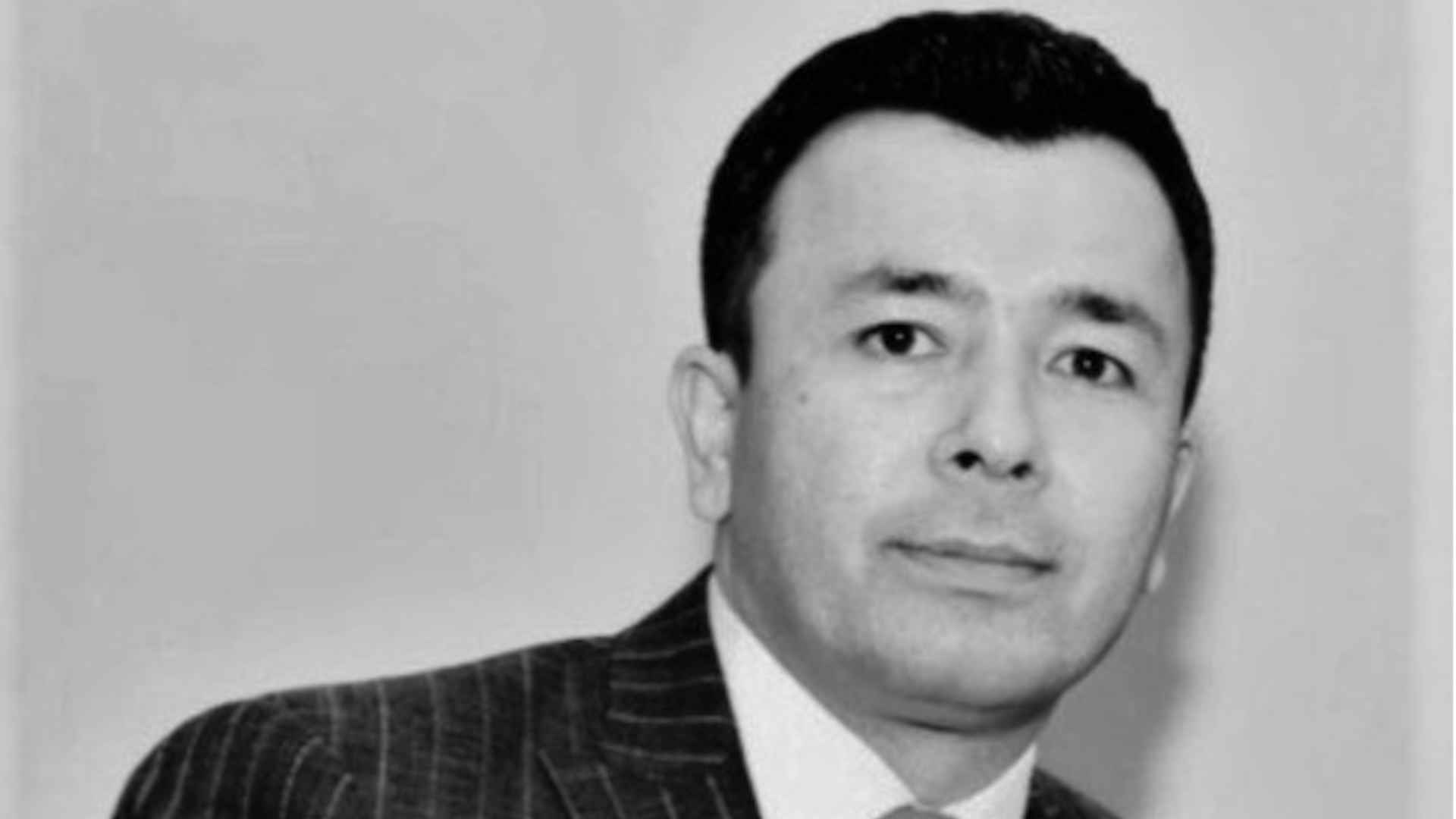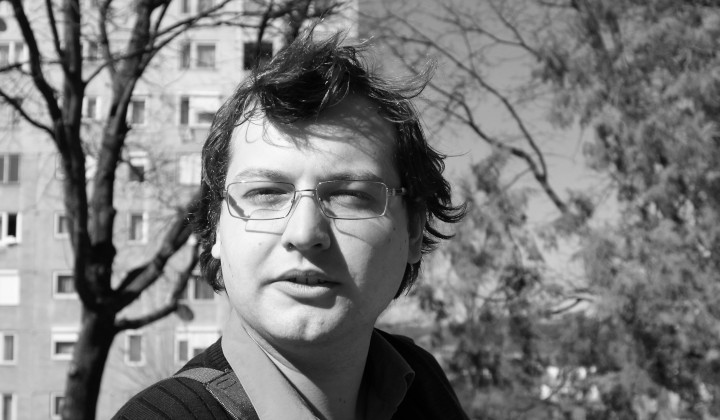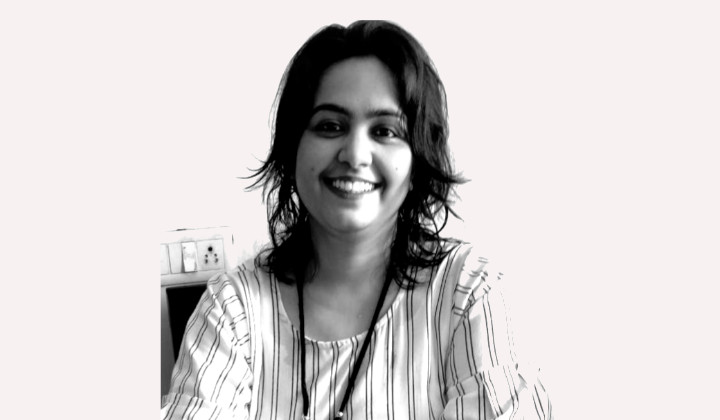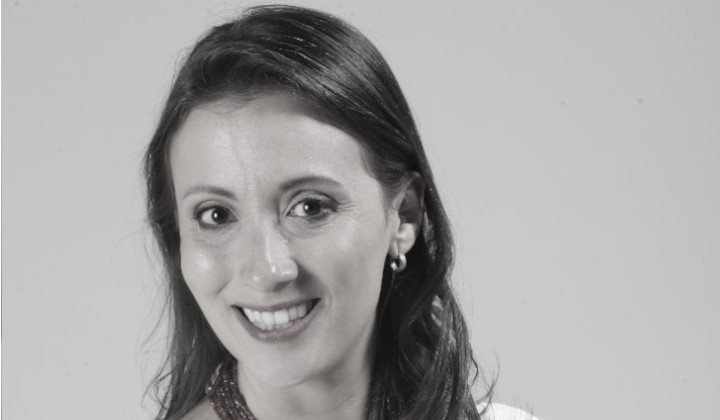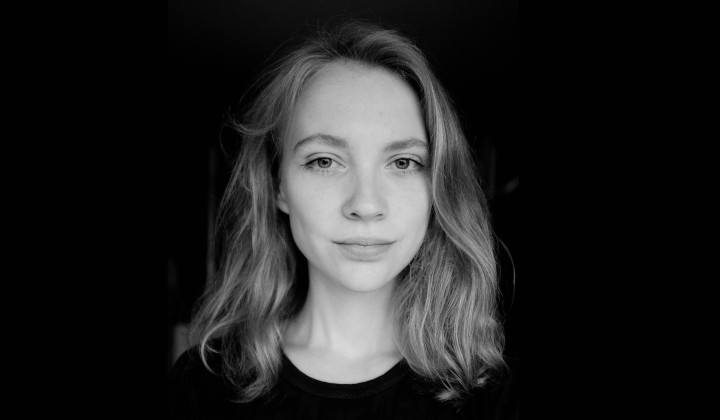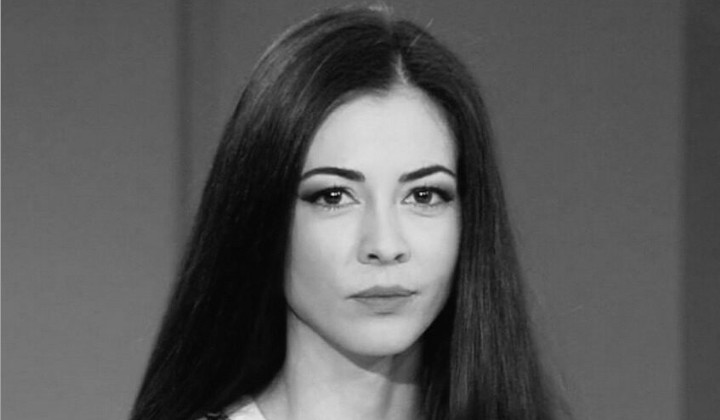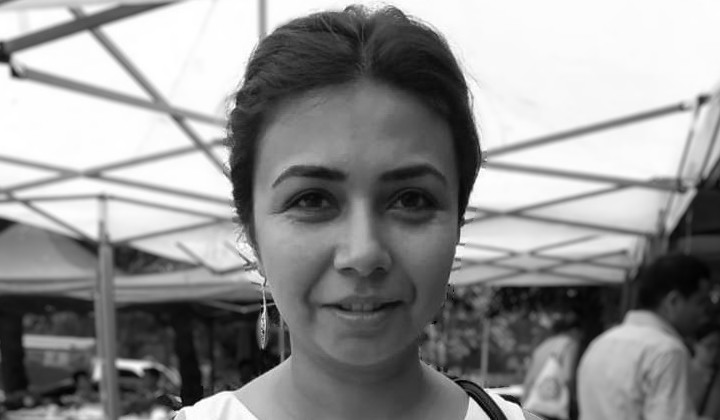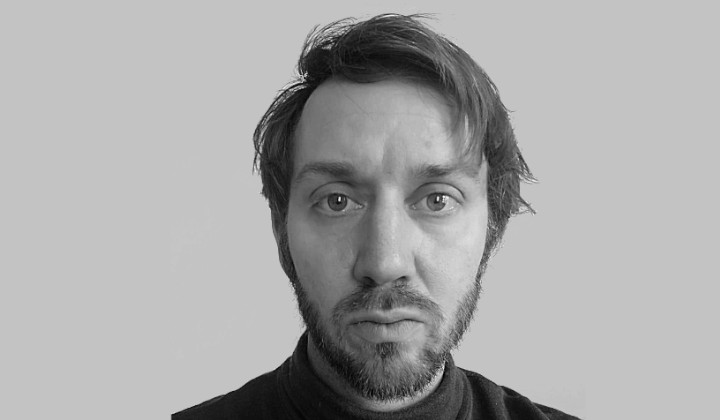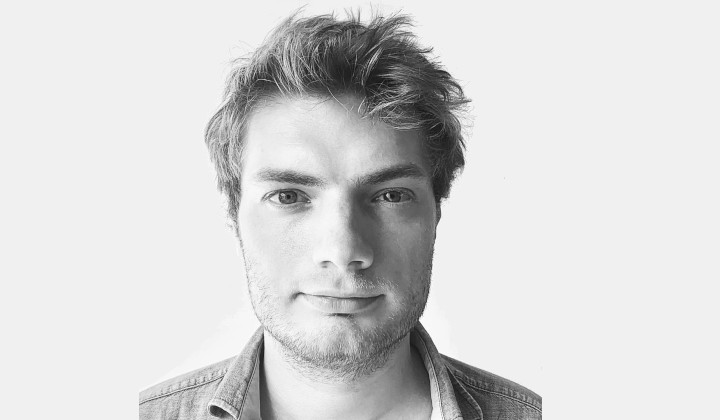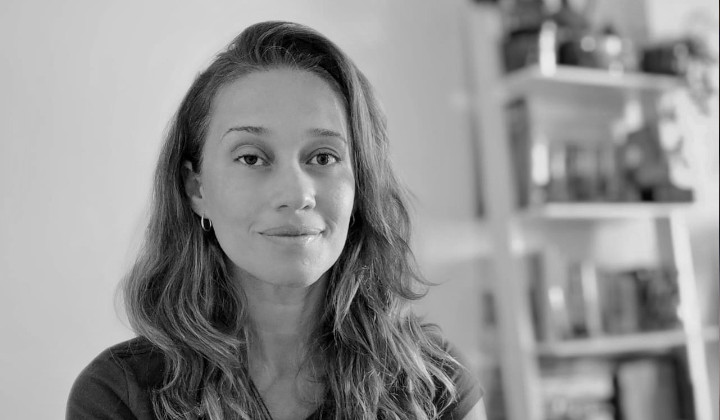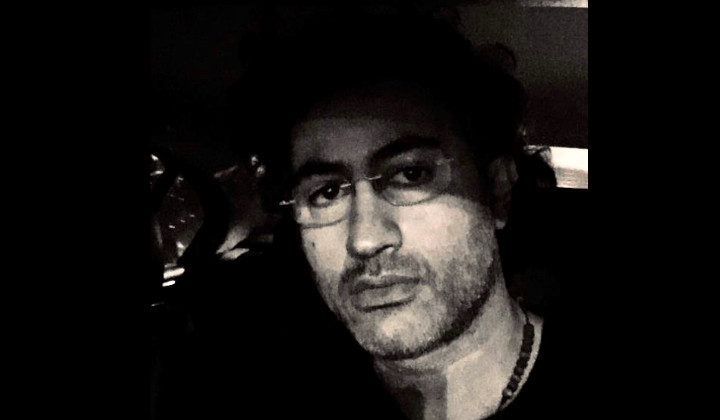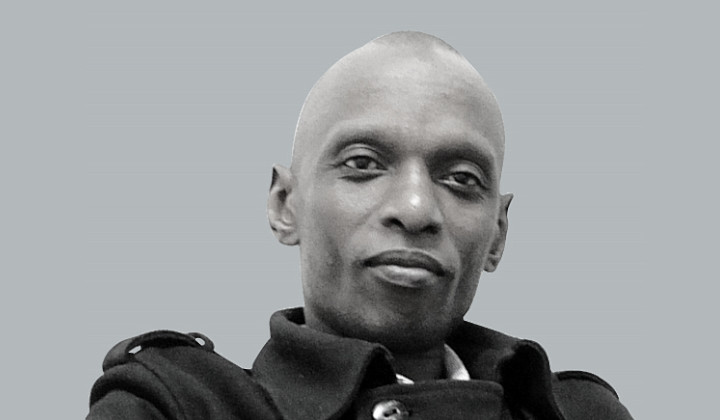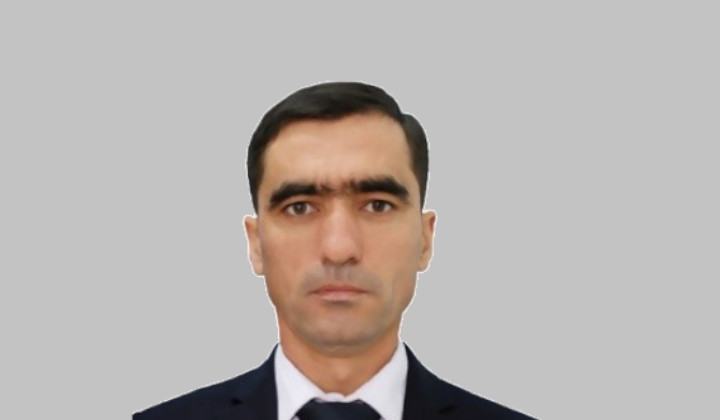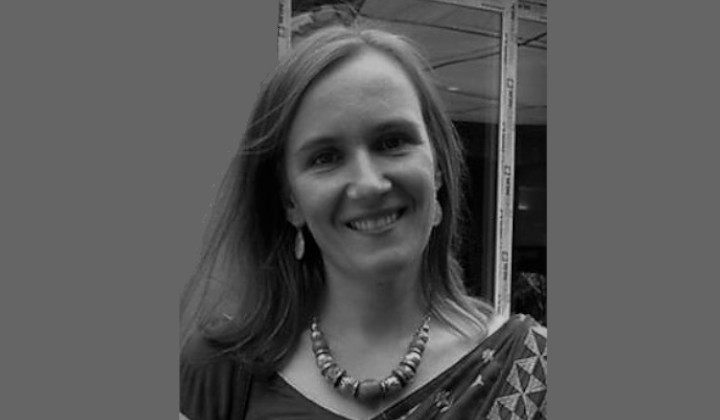Atif Tauqeer: "In an authoritarian state, social media are of immense importance. They help journalists like me to reach out directly to the people."
Pakistan | 2020
written by

Léonardo Kahn
Atif Tauqeer is a Pakistani journalist. He has more than 100,000 followers on Twitter and more than double that number on Facebook.
His opinions on Pakistani politics and Islam are eagerly awaited, as he posts nearly on a daily basis. He writes mostly in Urdu, the national language of the country, and only rarely in English.
"In Pakistan, you can criticize in English as much as you want,” Tauqeer said. “Nobody cares. It's a different thing to do it in Urdu."
Tauqeer said it is getting really crowded in his comment’s section. The proximity to his fellow countrypeople is important to him, so is language and also poetry. His Twitter handle is @atifthepoet, which says a lot about him.
"You usually see me with a book in my hand," Tauqeer said.
Tauqeer reads a lot in English, Urdu and Pashto, and he even writes novels.
"Journalism is literature to some extent, too, but in a hurry," Tauqeer said.
Dramaturgy plays a central role in his journalistic work. Many reports and features may be well-researched "but are they well told?"
Tauqeer talks about responsibility. Only if you express yourself linguistically well, will you make people want to read your article, listen to your broadcast, he said.
“That's the only way to inform a society properly,”Tauqeer said.
Society is what Tauqeer knows well. He was born in 1979 in Jhelum, next to Kashmir. In 1985, at the end of his father's military service, his whole family moved to the largest city of Pakistan. Karachi, a city of 15 million people, which has become Tauqeer’s home. It was here, at the age of 13, that he began his journalistic career on Radio Pakistan's children's program.
Later Tauqeer worked in the youth program and then in the adult program, earning money for his engineering studies.
Radio Pakistan was, and still is, an AM-broadcaster, meaning it works on AM transmission.
“This makes sense for a national radio, as we have to get the information spread over the whole country, and AM transmission are more persistent then FM transmission,” Tauqeer said.
In 1999, he switched to FM broadcasting, which led him to work for the first private radio of Pakistan: Apna Karachi FM 107. In 2006, he became executive producer at Geo.tv, but nor for too long. In 2008 he moved to Bonn, Germany, where he still lives today.
Now he works as a freelancer for two Pakistani magazines, The Express Tribune and The Friday Times. But mainly he works for the Deutsche Welle, DW for short, where he is employed in the Urdu Department.
But a journalist cannot just write freely in Pakistan.
"You can criticize everyone except the military elite and religious fanatics," Tauqeer said.
Pakistan is the most dangerous country for journalists, Tauqeer said. His society is a cultural mosaic. There are Islam and Hinduism. Islam is then divided again into Shiites and Sunnis.
And then there's the military. Journalists have to be very careful when writing not to hurt themselves on a piece of ceramic while tip toeing over the mosaic. In the last 20 years, more than 50 journalists have been murdered. Every day they are threatened.
"From the outside, Pakistan's media landscape may seem very liberal,” Tauqeer said. “We have over 70 different stations and newspapers. But if you look closely, you realize to which degree each one is censored."
In Germany the independence of the media is taken for granted by the youth, Tauqeer said.
"
This is very dangerous. The independence of public broadcasting is your only way to diffuse information in a self-determined way,” Tauqeer said. “If you lose this independence, the state can simply decide for itself what numbers it wants to propagate. Then democracy is history."
To the article

Pen, paper, and Twitter
The role of Twitter in modern journalism.



